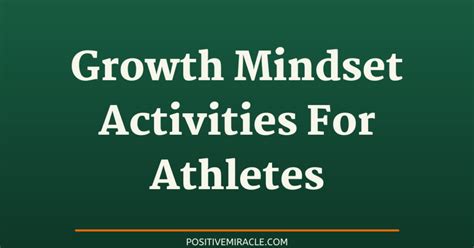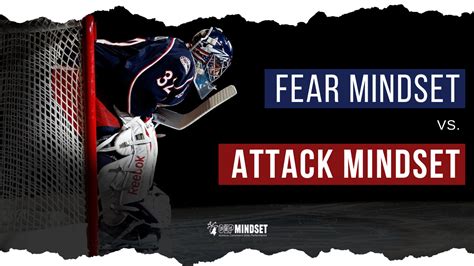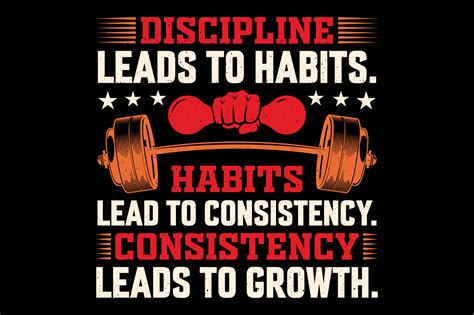Embracing the Power of a Growth Mindset
In a world that constantly demands adaptation and evolution, the way we perceive challenges and setbacks largely dictates our potential for success. The concept of a “growth mindset,” popularized by psychologist Carol Dweck, posits that our abilities and intelligence are not fixed traits but can be developed through dedication and hard work. This powerful perspective contrasts sharply with a “fixed mindset,” where individuals believe their talents are innate and unchangeable, often leading to a fear of failure and resistance to new experiences.
Cultivating a growth mindset is not merely a psychological trick; it’s a fundamental shift in how you approach learning, overcome obstacles, and ultimately, achieve your most ambitious goals across various life domains. From pushing your physical limits to mastering financial literacy and advancing your professional career, this mindset is the foundational pillar for continuous improvement and sustained excellence.

The Core Tenets of a Growth Mindset
At its heart, a growth mindset encourages several key behaviors and beliefs:
- Embrace Challenges: See new tasks or difficulties not as threats, but as opportunities to learn and grow.
- Persist in the Face of Setbacks: View failures not as definitive endings, but as valuable lessons and stepping stones toward success.
- Effort is the Path to Mastery: Understand that hard work and deliberate practice are essential for developing skills and improving performance.
- Learn from Criticism: Welcome feedback, constructive or otherwise, as a tool for improvement rather than a personal attack.
- Find Inspiration in Others’ Success: Celebrate the achievements of others, using them as motivation rather than feeling threatened or envious.
By internalizing these principles, you begin to reprogram your reactions to adversity and opportunity, setting the stage for significant personal and professional advancement.
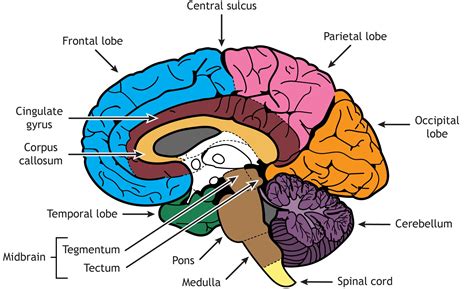
Applying a Growth Mindset to Fitness
Many fitness journeys are derailed by a fixed mindset. People might say, “I’m not naturally athletic,” or “I can’t lose weight.” A growth mindset transforms these statements into questions: “How can I become more athletic?” or “What strategies can I try to achieve my weight goals?”
- Redefine Failure: A missed workout or a plateau isn’t a sign to quit; it’s data. Analyze what went wrong, adjust your plan, and try again.
- Embrace the Process: Focus on consistent effort and small improvements rather than just the end goal. Each workout is a chance to get stronger, faster, or more disciplined.
- Seek New Challenges: Don’t stick to the same routine out of comfort. Try new sports, lift heavier, run further – push your boundaries to discover new capabilities.
- Learn from Others: Observe successful athletes or trainers, ask for advice, and be open to different training methodologies.
Cultivating a Growth Mindset in Finance
Financial stability and wealth accumulation often feel daunting, leading many to believe they are simply “not good with money.” A growth mindset dismantles this limiting belief, asserting that financial literacy and acumen are learned skills.
- Educate Yourself Continuously: The financial landscape is always changing. Read books, listen to podcasts, take courses – make learning about personal finance an ongoing habit.
- View Mistakes as Learning Opportunities: A bad investment or a budgeting misstep isn’t a permanent failure. It’s an opportunity to understand what went wrong and make better decisions next time.
- Adapt to Change: Economic shifts, market fluctuations, and personal circumstances require flexible financial planning. Be willing to re-evaluate and adjust your strategies.
- Set Ambitious Goals: Don’t shy away from setting significant financial targets. Break them down into manageable steps and trust that consistent effort will lead to progress.
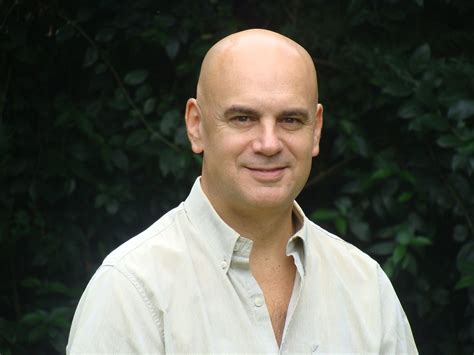
Fostering a Growth Mindset in Your Career
The professional world rewards adaptability, continuous learning, and innovation. A fixed mindset can stunt career growth by resisting new technologies, avoiding challenging projects, or fearing feedback. A growth mindset, conversely, fuels professional excellence.
- Embrace Skill Development: The job market evolves rapidly. Consistently seek out opportunities to learn new skills, whether through formal training or self-study.
- Seek and Act on Feedback: View performance reviews and constructive criticism as invaluable tools for improvement, not as judgments. Proactively ask for feedback.
- Innovate and Problem-Solve: Instead of being intimidated by complex problems, see them as chances to apply creativity, learn, and demonstrate leadership.
- Build Resilience: Career setbacks, like job loss or failed projects, are inevitable. A growth mindset enables you to bounce back stronger, learning from the experience and pivoting as needed.
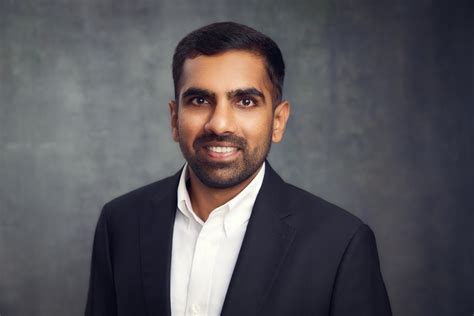
Practical Strategies for Cultivating a Growth Mindset
Shifting your mindset takes time and conscious effort, but the rewards are profound:
- Become Self-Aware: Pay attention to your internal monologue. When you catch yourself thinking, “I can’t do this,” reframe it to, “How can I learn to do this?”
- Embrace the Power of “Yet”: Instead of saying, “I’m not good at public speaking,” say, “I’m not good at public speaking yet.” This small word opens the door to future development.
- Seek Challenges Deliberately: Voluntarily step outside your comfort zone. Take on a project at work you’re unsure about, try a new workout class, or learn a new financial concept.
- Prioritize Learning Over Approval: Focus on the process of acquiring knowledge and skill rather than solely on external validation or avoiding mistakes.
- Reflect and Journal: Regularly reflect on your experiences. What did you learn today? How did you handle a setback? What effort did you put in?

Conclusion
Cultivating a growth mindset is perhaps the most crucial personal development tool you can acquire. It empowers you to see potential where others see limitations, to find opportunity in adversity, and to continuously evolve. By consciously choosing to embrace challenges, persist through setbacks, and view effort as the path to mastery, you unlock an unlimited capacity for growth in your fitness, finance, and career. Start today by challenging your fixed beliefs and opening yourself to the transformative power of “yet.”
